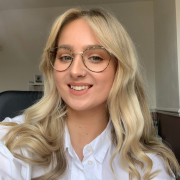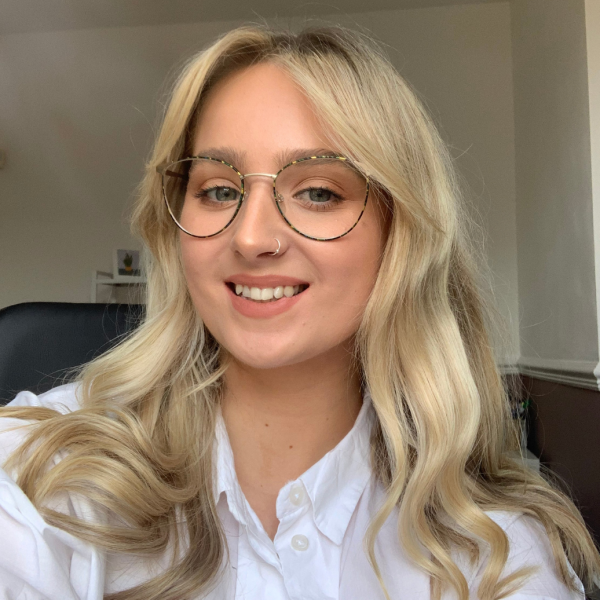The Migrations Hub is a network of researchers based in the Institute of Social Sciences, University of Lisbon. The Hub is interested in the themes of migration and its myriad facets, studying it from a global perspective. Following these themes, this doctoral workshop brought together candidates who are studying migration and border regimes for a two-day event, 23-24th November 2023, to share current and developing work.
Research into migration and border regimes is growing and there are calls to give attention to the range social, cultural, economic, and political forces that shape the experiences in migrants, as well as an understanding how policies control their movements. There is also a need to examine the intersections underpinning such movements such as through: gender, sexuality, race, class, and other axes.
Consisting of three clusters: Gender, Race and Sexuality, Affectivity, Social Relations & Sensorial Experience as well as Borders, Citizenship & the Labour Market. The work presented came from a wide range of disciplines and aimed to bring together interdisciplinary knowledge to share varying theoretical and methodological choices.
Keynote presentations consisted of a reflection on the field of migration research and gender and sexuality, by Eleanore Kofman (Middlesex, University London). Elana Fontanari (University of Milan) discussed neoliberal asylum and migrant mobilities and Diana Mata-Codesal (University of Barcelona) on corporeal and sensuous experiences of migration.
Utilising creative methods, participants also took part in a food workshop which explored the influences of Brazilian cuisines in Portugal, creating and sharing the food ourselves.
A roundtable discussion brought all the conversations together and researchers reflected on their positionalities and ethical dilemmas in their work. The event highlighted the importance of bringing together different disciplines and institutions to explore the broad field of migration.
This workshop has created new networks and opportunities to work together in the future, including a plan for next years workshop and research visits.



